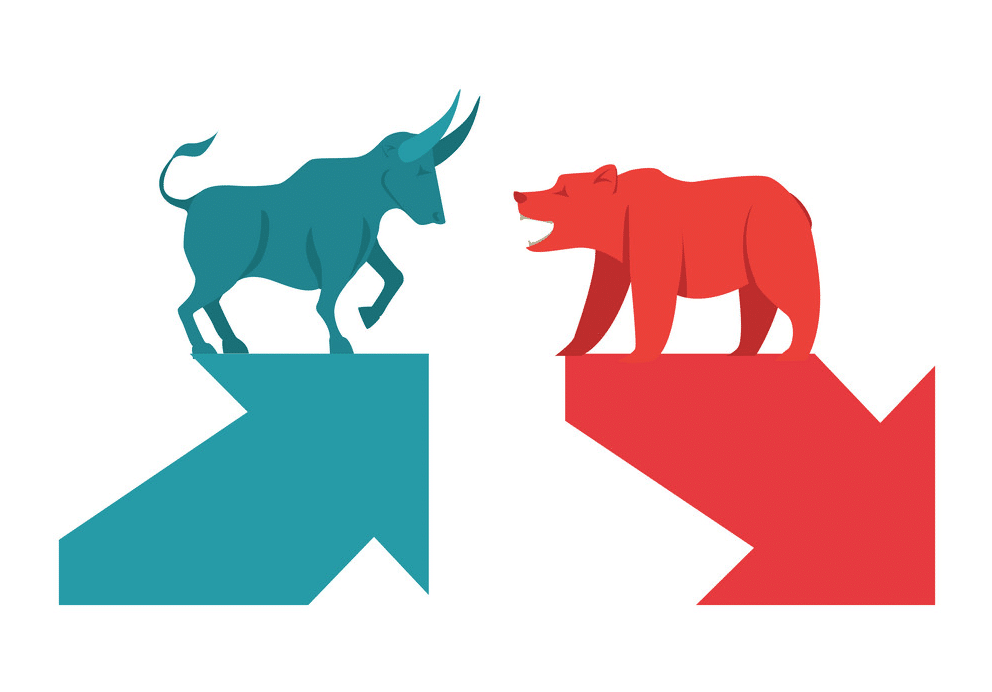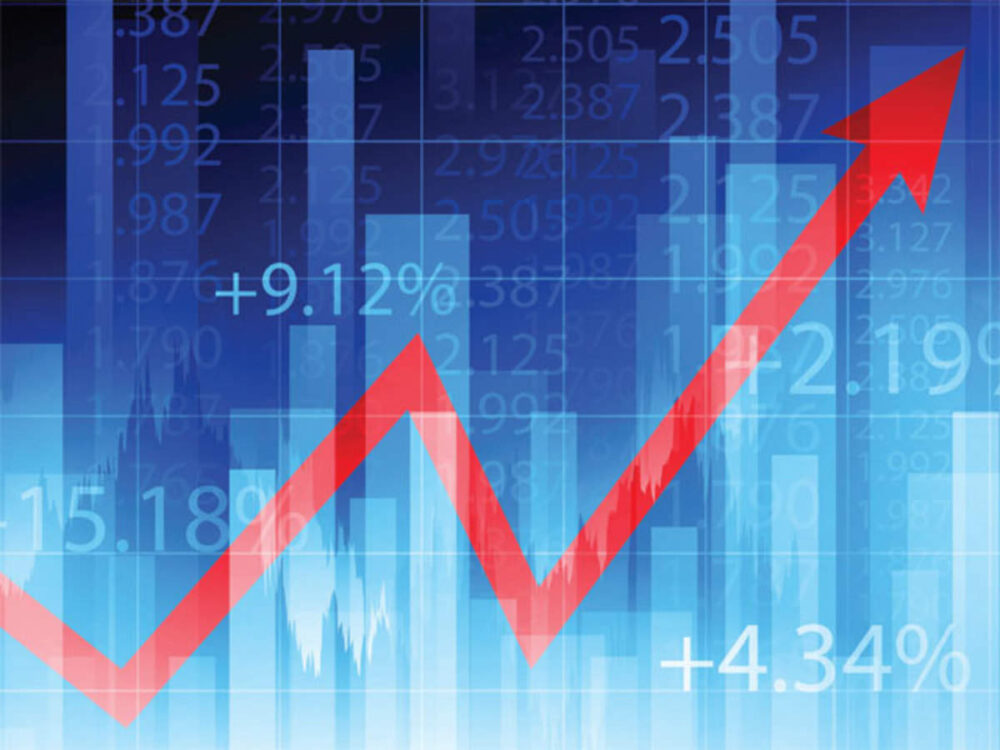What is the stock market?
In the 1600s Dutch East India Company set out to create a monopoly on the spice, silk, and gold trade. They aimed to travel great distances to establish profitable trade routes. Massive voyages require a lot of money, more money than the company could spare.
In their hour of need, company officials turned to rich private individuals for bankrolling the expeditions. They reached an agreement beneficial for both parties involved, for the share of the expedition’s profit private individuals invested money with the Dutch East India Company.

This agreement allowed more ambitious voyages and increased earnings for both the company and its investors. Taking other people’s money in exchange for a share of the company’s profits, unknowingly invented the first concept of the stock market.
Today’s stock markets are significantly more complex but at the essence of it, they are like a shop where companies all around the world come to sell a piece of their business to the general public to accumulate money.
These investments grant us a percentage of ownership in the company, and we make money when our choice of business grows in value, thereby increasing the value of our initial investment.
Initial Public Offering
Suppose your local pizza joint decides to expand its business, maybe go statewide. Instead of using their own money, they first decide to attract wealthy investors with the promise of growth and ingenuity. If these investors like the idea and the business eventually attain a certain threshold, then the pizza business owners can file for an IPO.
It allows them to offer a percentage of the business’s ownership to the general public. The general public will subscribe to the shares (if they want to) by paying a specific price. The idea behind the public offering is to raise money for the organization so it can expand, pay outstanding debts, or to distribute the amount of risk associated with the company.

How does it work
Like any other market, Stock exchanges require two opposing parties, a buyer and a seller. Instead of exchanging bread and butter, we trade in securities (shares) of publicly listed companies.
People make money from trade margins, buy low, and sell high.
Traders react to the news related to the company in focus. Any new information, speculation, or public perception will result in either buying or selling a particular stock. If demand increases more and more people will try to buy and prices will rise in response to that. Similarly, heavy selling would negatively impact the price as people will try to unload the stock.
Market participants react to news and events and their reaction translates to price movements. This is what makes the stocks move.
Market Participation Styles
Different people approach and indulge differently in the market. Some people take multiple trades in a single day and take home their margins by the end market session. This is called day trading and is preferred when one has reservations about overnight risk. The investment approach is most suitable for people who are in for the long haul.
The famous quote of Paul Samuelson describes the concept quite accurately.
“Investing should be more like more watching paint dry or watching grass grow. If you want excitement take $800 and go to Las Vegas.”
Investment is about identifying macroeconomic trends and the maturity rate of companies influenced by them. The objective is to find companies with strong fundamentals and growth potential. Check best stocks to buy today to get the right tools and stock lists.

How does the stock market affects our daily life?
A rising trend in the stock market signals a booming economy. This alignment leads to greater investor confidence which further increases overall capital in the market, creating more wealth for investors and the cycle goes on.
This increased wealth often leads to an increase in purchasing power as well. When consumers spend more, it creates a healthy influx of cash for all local businesses. The financial system is very interconnected, wealth generated at one source bleeds into every sector of society.
Companies often strategize their recruitment capacity based on the prevailing stock price. As the primary focus of any listed company is to increase profits and maintain the stock price, declining values might force the executives to cut costs by letting employees go.
Governments consider the health of stock markets to determine interest and tax rates for the citizens. These rates affect us when we take out a home loan or pay taxes on our favourite movie tickets. A higher interest rate attracts investors to raise the cash flow in an economy.
Stock Index strength plays a heavily in politics. Even if people are not invested in the stock market, our opinion about the ruling political party is heavily influenced by the performance of the stock market.

Why should we invest?
Growing inflation rates (cost of living) deplete our financial reserves. We dip into our hard-earned savings without creating further wealth from it. For a few years after retirement, our savings are adequate for sustaining our lifestyle but soon enough we start to feel the noose tightening. The creation of wealth is essential to battle the rising cost of living and meet our life’s financial aspirations. Suppose we invest 10 lakh rupees at the age of 25. On average all major index stocks increase 20-25% per year. By this standard, it is possible to double our money every 3 years.
After a career of 30 years, at the age of 55, our initial investment of 10 lac would now be 100cr.
Also Checkout: 5 ways to improve your vocabulary fast
For more, like us on Facebook or follow us on Twitter, Instagram and Telegram











